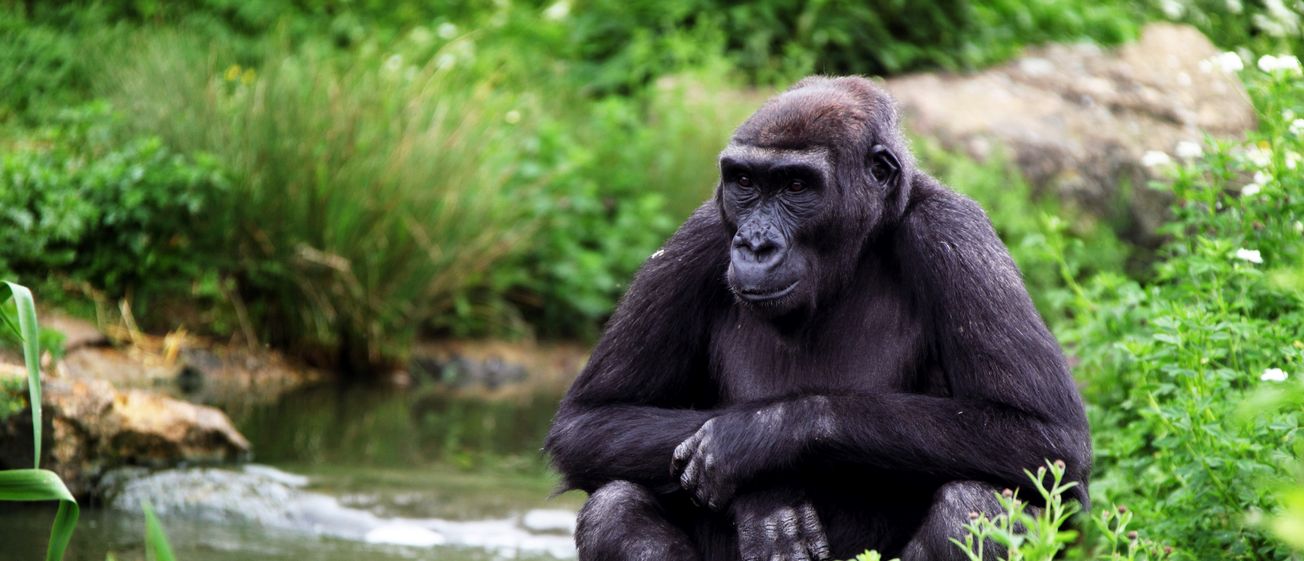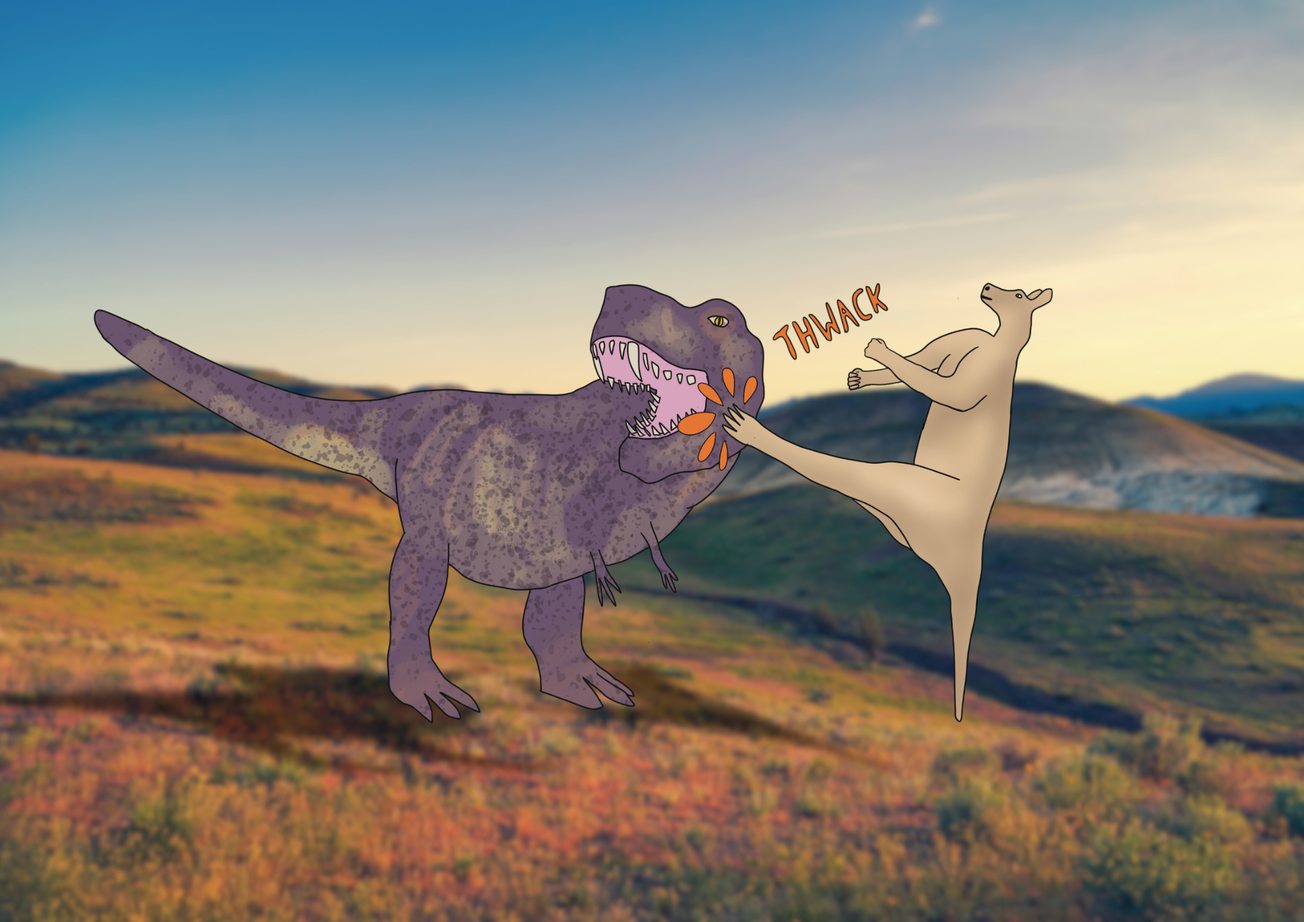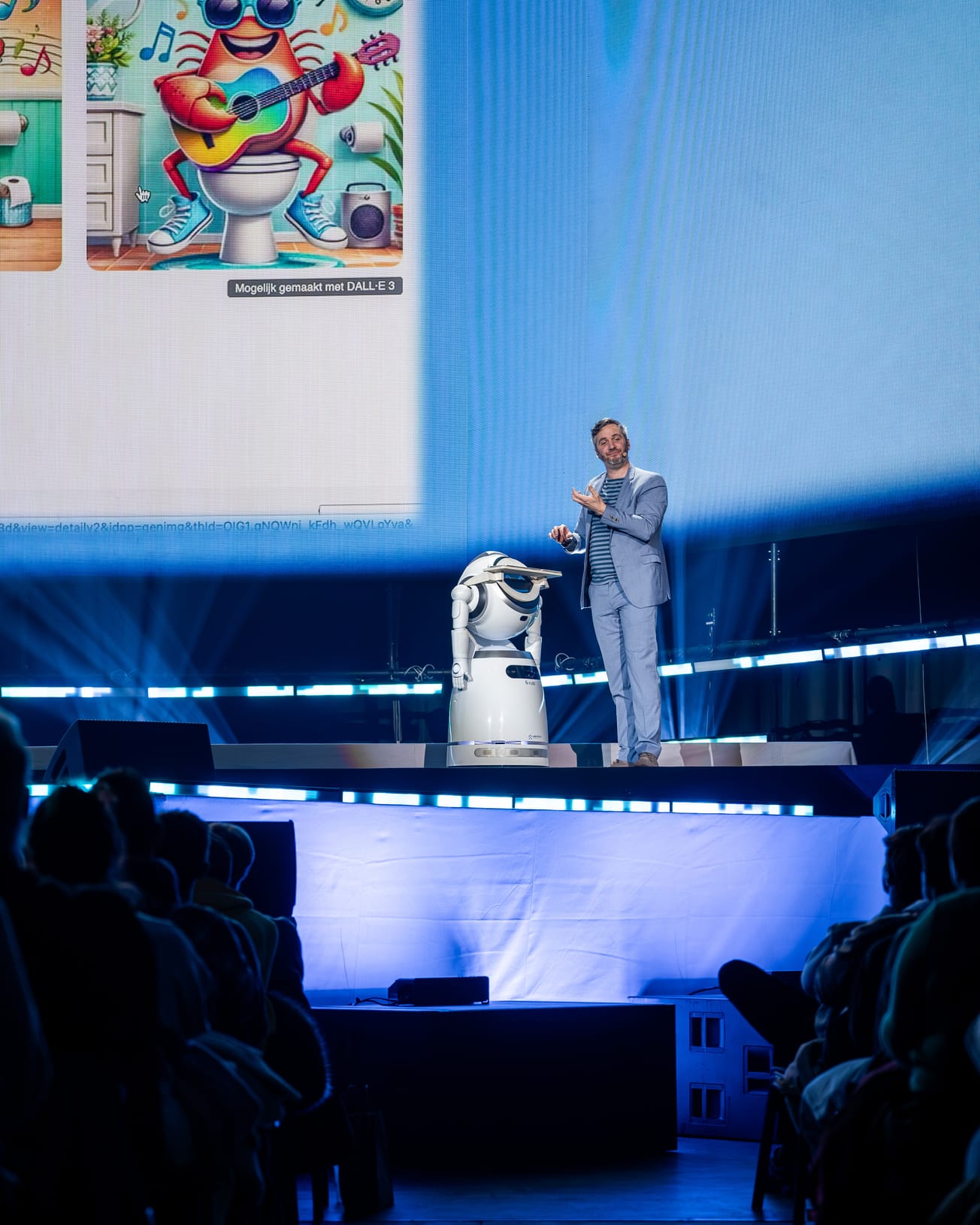By Vilhelmiina Haavisto, Deputy Science Editor
A collaborative project between the University of Bristol and Bristol Zoo has given the gorillas at the Zoo a new high-tech toy to play with.
The “Gorilla Game Lab”, led by researchers from the University’s School of Computer Science and Centre of Innovation and Entrepreneurship, has resulted in the design and implementation of a new enrichment game for gorillas at Bristol Zoo. Though the family of seven housed at the Zoo are stimulated socially, the keepers found that the gorillas’ physical cognitive skills needed to be developed and exercised more: this led to the genesis of the game project. The researchers involved wanted to find out whether cognitive play might be useful in bettering the wellbeing and cognitive engagement of zoo-housed gorillas.
The game allows gorillas to solve puzzles for a reward item, and is equipped with GoPro cameras and electronic sensing equipment; the footage and data gathered from these devices is used to understand how the gorillas solve more complicated problems. The game is designed in a way that allows it to be set up in different configurations, which allows keepers to vary the difficult of the game and also keep the gorillas on their cognitive toes. All of the puzzle modules connect to one another; the ultimate aim is to move a red ball along a vertical obstacle course of sorts. One of the modules was actually inspired by the board game KerPlunk, and involves the gorillas pulling out straws and sticks to let the small ball pass through.
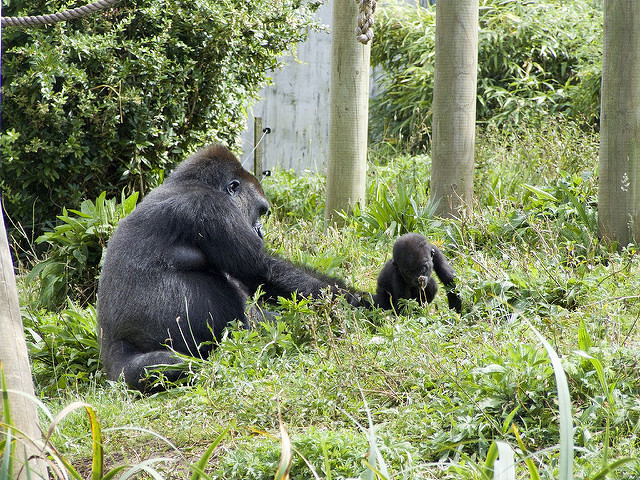
Photo by Karl Gookey/ Flickr
Dr Stuart Gray, researcher at the University of Bristol’s Centre for Innovation and Entrepreneurship, says that “through creating games which...engage gorillas and provide opportunities for play, we can harness this engagement to further enrich all aspects of their lives.” With the ethics of zoos being called into question more and more , and as understanding about animal behaviour increases, research is progressively honing in on finding ways in which captive animals can be stimulated to improve their life experience. Ultimately, the researchers involved with the Gorilla Game Lab wanted to see whether they could bring about a state in the gorillas similar to the human state of ‘flow’. First coined by Mihaly Csikszentmihalyi in the early 90s, flow is described as “positive psychological state of pleasure and satisfaction reported when fully absorbed in a task.” Csikszentmihalyi himself has given a TED talk on the phenomenon, where he proclaimed flow as the “secret to happiness”. If the gorillas could achieve a similar positive state of mind, it would go a long way in achieving the Zoo’s goal of “ensuring the highest standards of care and welfare for the animals”, according to Dr Fay Clarke, who led the team at Bristol Zoo.
The Game Lab seems to be having the desired effect – Dr Stuart Gray notes that the game “appears to be stimulating and rewarding” for the gorillas, and is actively giving them “more choice and control in their environment.” And, thanks to the cameras and monitoring equipment, researchers have a large new dataset to work with to understand exactly how the gorillas are interacting with the puzzle device.
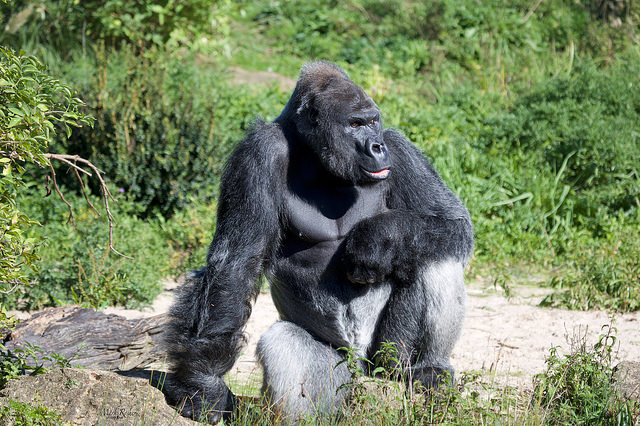
Photo by Mark Rosher/ Flickr
Research on other types of enrichment for zoo-housed gorillas has also been conducted in recent years. For example, a 2016 study conducted on six Bristol Zoo gorillas explored the effects of various forms auditory enrichment, by playing the gorillas classical and rock music, as well as rainforest sounds, at different tempos and pitches. While rainforest sounds had no marked effect on the gorillas’ behaviour (contrary to findings from previous research on gorillas at Buffalo Zoo, NY), the study found that low tempo music may decrease anxiety, while social behaviours may be affected by pitch. Though the results of the relatively few studies about auditory enrichment do not completely agree, both conclude that it can be another effective way of facilitating various positive behaviours in captive gorillas.
The Game Lab is by no means Bristol Zoo’s first time using enrichment puzzles with their gorillas. Prototypes of the puzzle game had already been trialled with the gorillas before the official reveal. Lynsey Bugg, curator of mammals at Bristol Zoo, says that though they have been using different kinds of enrichment puzzles “for many years”, it is “great to see the gorillas...receive a new challenge”. Dr Gray notes that “nothing of the puzzle’s kind...has been developed before”, which makes the project all the more exciting.
Featured Image: Charlie Marshall/ Flickr
Are these gorillas just monkeying about? Send us you thoughts.

